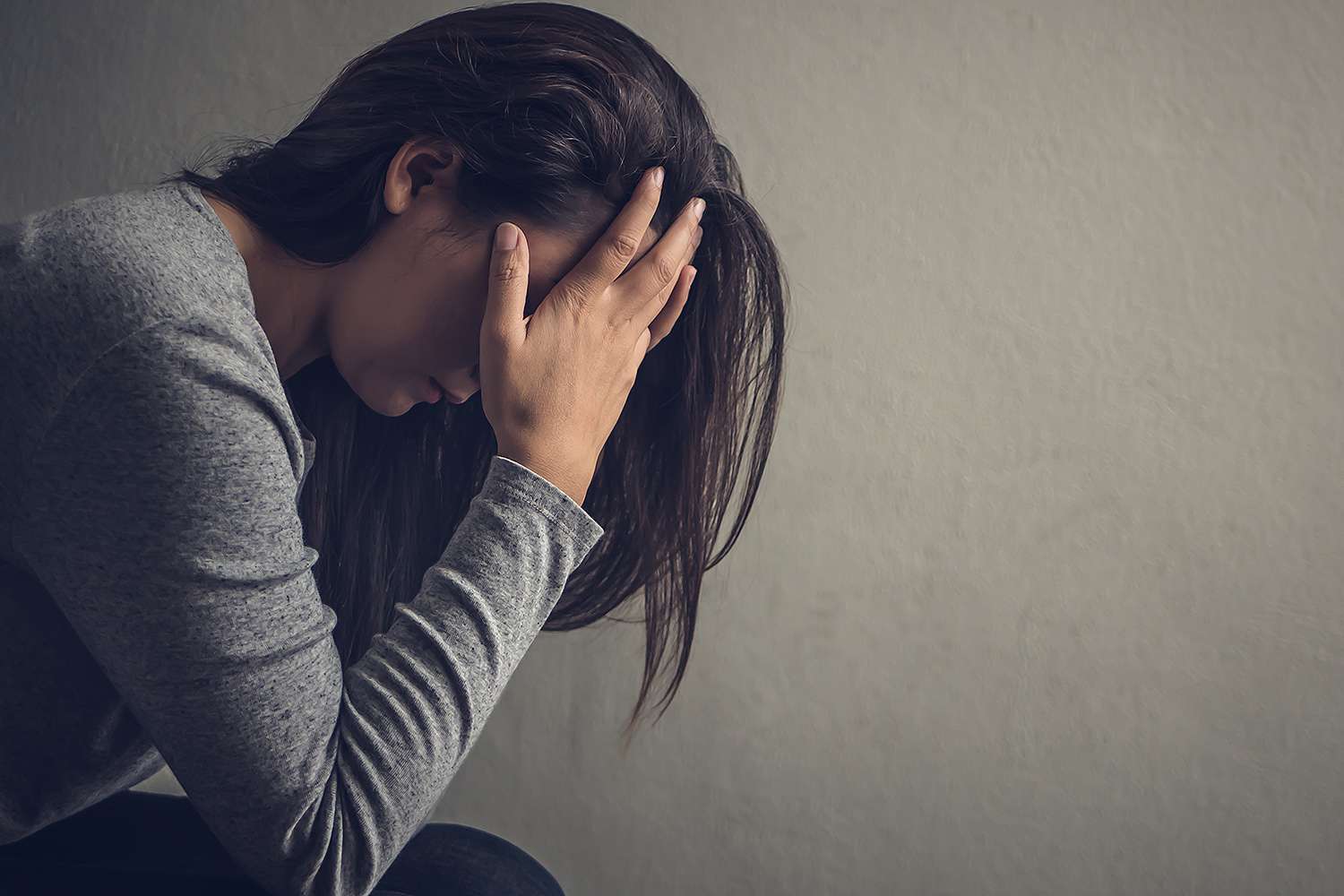
New research shows 1 in 5 people who contracted and recovered from the coronavirus were diagnosed with a mental illness within three months of recuperating.
According to a study published Monday in The Lancet Psychiatry journal, researchers followed 62,354 patients who were diagnosed with the coronavirus between Jan. 20, and Aug. 1 and found that 20 percent were diagnosed with a psychiatric disorder, dementia, anxiety or insomnia within 14 to 90 days after testing positive for the coronavirus.
"Survivors of COVID-19 appear to be at increased risk of psychiatric sequelae, and a psychiatric diagnosis might be an independent risk factor for COVID-19," reads part of the study's conclusion. "Although preliminary, our findings have implications for clinical services, and prospective cohort studies are warranted."
In the United States, there have been more than 10.3 million confirmed cases of COVID-19 (and 240,241 deaths) as of Wednesday morning, according to data compiled by The New York Times.
If you or someone you know need mental health help, text "STRENGTH" to the Crisis Text Line at 741-741 to be connected to a certified crisis counselor.
"People have been worried that COVID-19 survivors will be at greater risk of mental health problems, and our findings … show this to be likely," Paul Harrison, one of the study's authors, told Today. "[Health] services need to be ready to provide care, especially since our results are likely to be underestimates."
Researchers also reported that those who already had been diagnosed with a psychiatric disorder in the year leading up to the onset of the pandemic had a 65 percent increased risk of contracting COVID.
"This risk was independent of known physical health risk factors for COVID-19, but we cannot exclude possible residual confounding by socioeconomic factors," the authors noted.
After highlighting potential discrepancies and limitations to their findings, the study's authors argued that their large sample size shows there's a correlation between COVID and mental illness.
"Our findings are of sufficient robustness and magnitude to have some immediate implications," reads the study. "… As COVID-19 sample sizes and survival times increase, it will be possible to refine these findings and to identify rarer and delayed psychiatric presentations. Prospective cohort studies and inclusive case registers will be valuable to complement electronic health record analyses. It will also be important to explore additional risk factors for contracting COVID-19, and for developing psychiatric disorders thereafter, as some elements might prove to be modifiable."
As information about the coronavirus pandemic rapidly changes, PEOPLE is committed to providing the most recent data in our coverage. Some of the information in this story may have changed after publication. For the latest on COVID-19, readers are encouraged to use online resources from the WHO and local public health departments. PEOPLE has partnered with GoFundMe to raise money for the COVID-19 Relief Fund, a GoFundMe.org fundraiser to support everything from frontline responders to families in need, as well as organizations helping communities. For more information or to donate, click here.
Source: Read Full Article
